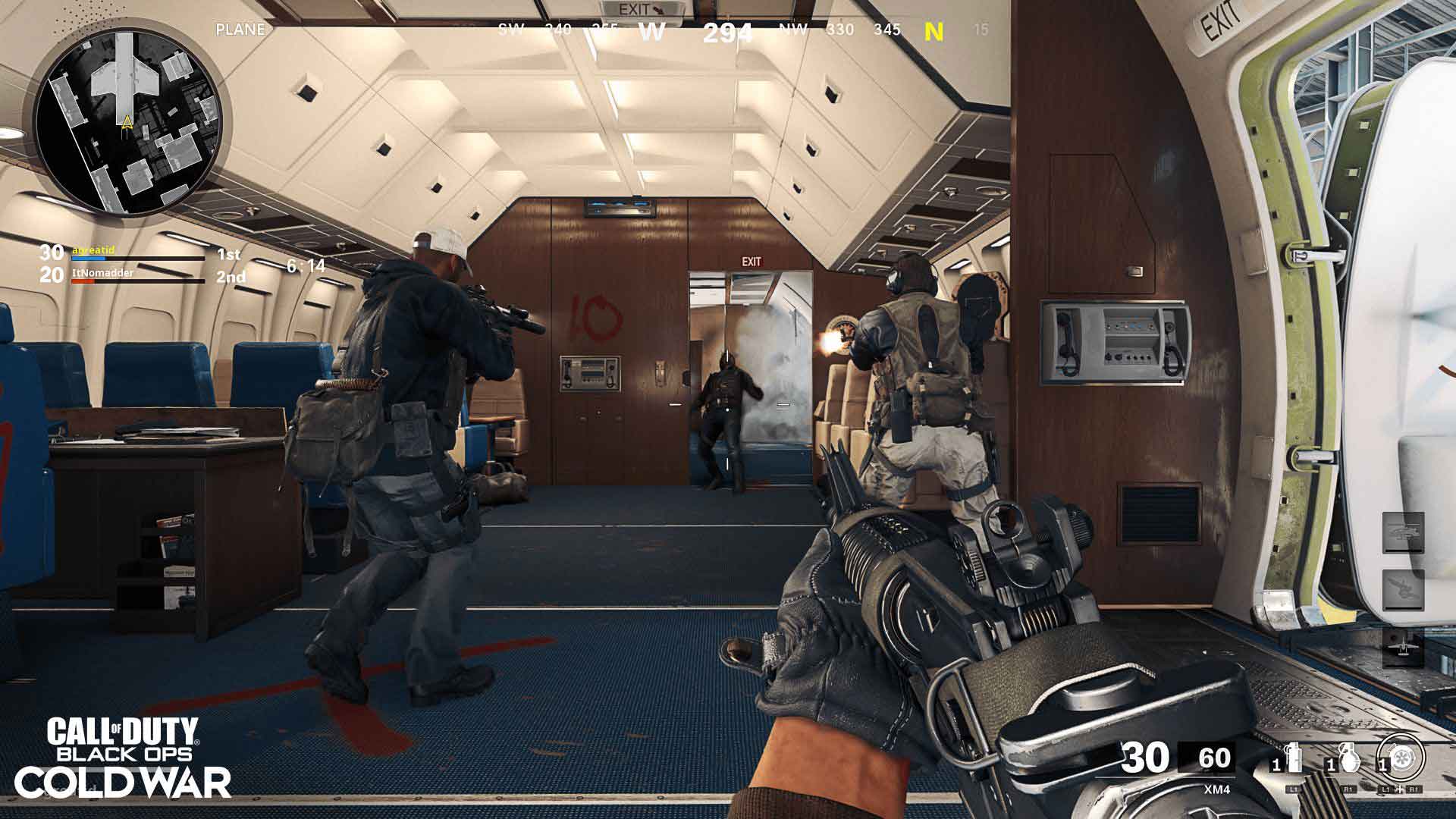
We ended up with a better set of techniques that we were able to use for that.Īfter that, we figured out that there were a lot of problems that were exposed by the faster I/O. We had to re-architect it from scratch and make it more suitable for the next-generation consoles while also trying to keep it suitable for the current consoles as well. On the next-generation consoles, we were moving to SSDs, and when we got those in our hands, one thing we realized right away was that the old way we were doing I/O in code wasn’t going to scale for the SSDs. Olson: I have a specific example that’s interesting. When you head into things, and I can think of several examples over the years when we were surprised at how we thought there was nothing more to get - then you squeeze that last extra part out. It’s normally, whenever you see something that the tech couldn’t do, you figure out a way to either do it some different way or improve it in a way that you hadn’t thought of. None of us ever likes to think of tech holding us back. GamesBeat: Did you ever feel like the tech held you back from doing what you needed to do? This is in keeping with our heritage in that regard.

This time around, especially with the transition to next-gen, has given us real opportunities to push that stuff even further.

That’s what sets us aside from everyone else, and that’s something that we always strive for in every game. When we focus on things like - whether it’s backend technology, whether it’s rendering, whether it’s audio or controllers or anything like that, these are all things where we’ve tried to focus on the visceral feeling of playing the game. One thing that makes Call of Duty unique is how it feels to the player. Gordon: I know you’re a long-time fan of the Call of Duty franchise. Hooker: And I’m also a senior lead graphics engineer. Kevin Myers: I’m senior lead graphics engineer.ĭan Olson: I’m a principal software architect on the engine.


Mark Gordon: I’m co-studio head at Treyarch.Įran Rich: I’m director of technology, responsible for our core engine systems. Here’s an edited transcript of our interview.


 0 kommentar(er)
0 kommentar(er)
